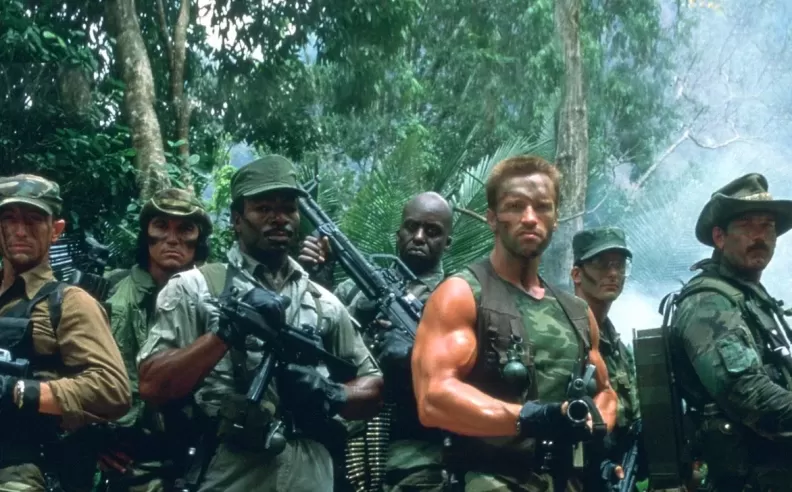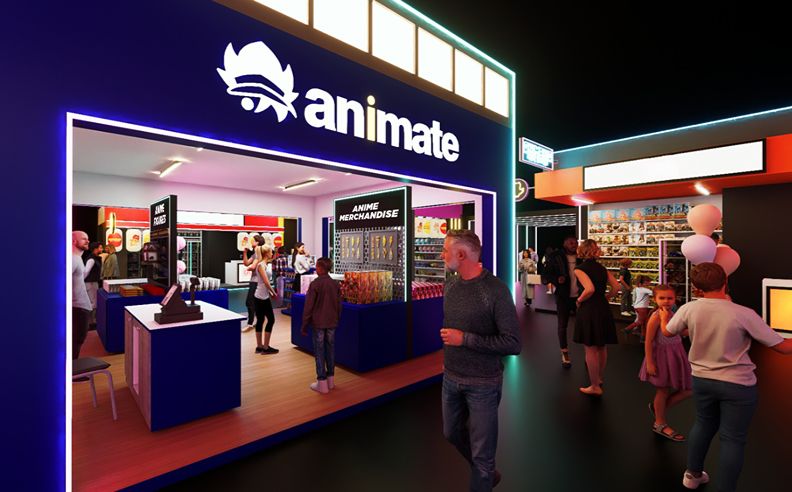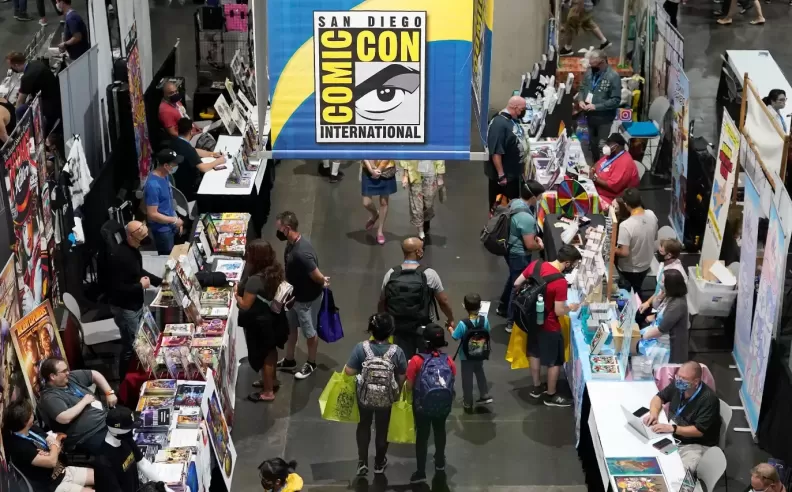
Comic-Con has grown into a cultural phenomenon, transcending its roots as a niche comic book convention to become a global celebration of pop culture. From shaping fandom communities to influencing the entertainment industry's strategies, Comic-Con's impact is profound and far-reaching. Here's a look at how this iconic event has transformed the landscape of media and entertainment.
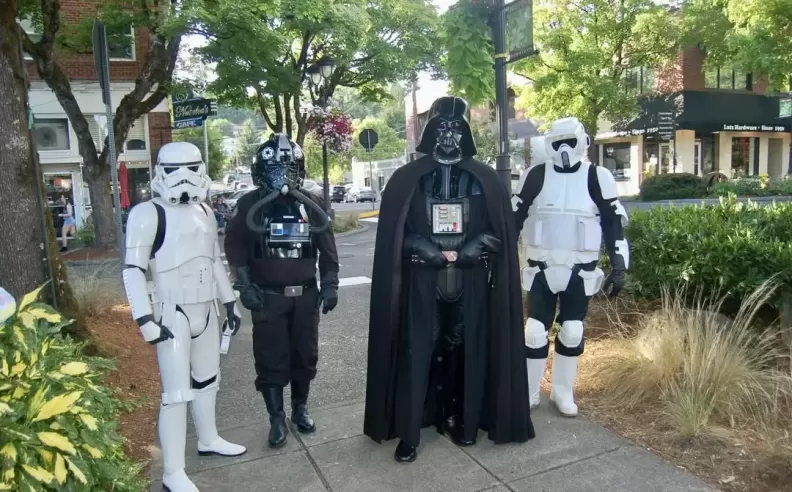
Comic-Con has created a unique space where fans from diverse backgrounds can connect over shared passions. Through panels, cosplay, and interactive exhibits, attendees experience a sense of belonging that strengthens fan communities. This inclusive environment has allowed fandoms to grow and thrive on a global scale.
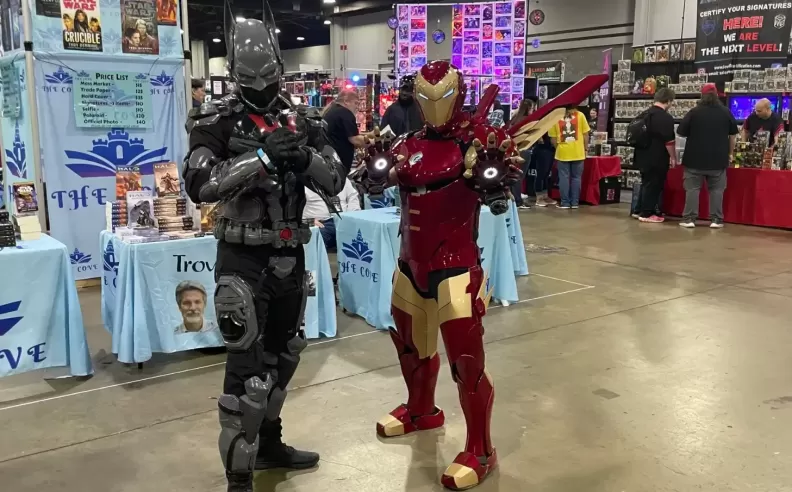
For studios, Comic-Con serves as a launchpad for showcasing upcoming films, TV series, and games. Exclusive trailers, cast appearances, and behind-the-scenes insights generate excitement and build anticipation. The event has become a critical marketing tool, shaping how audiences perceive and engage with new content.
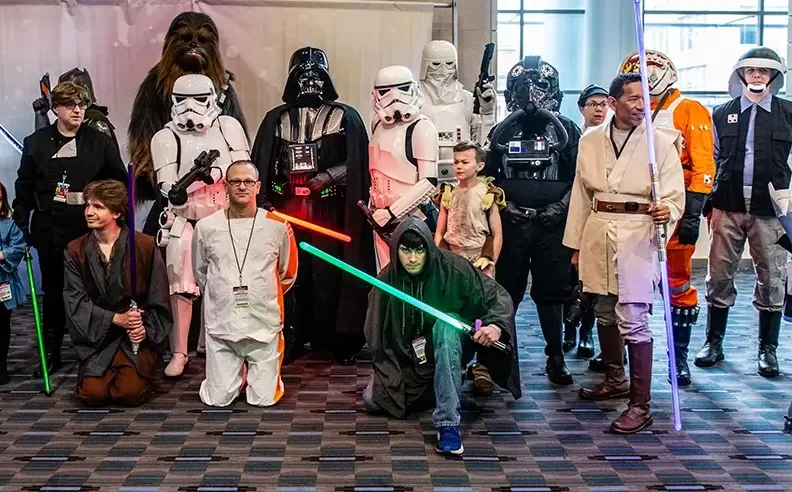
Cosplay is one of Comic-Con's most vibrant elements, where fans bring their favorite characters to life with intricate costumes. This culture of creativity has inspired a thriving subculture, driving innovation in costume design and even influencing mainstream fashion trends.
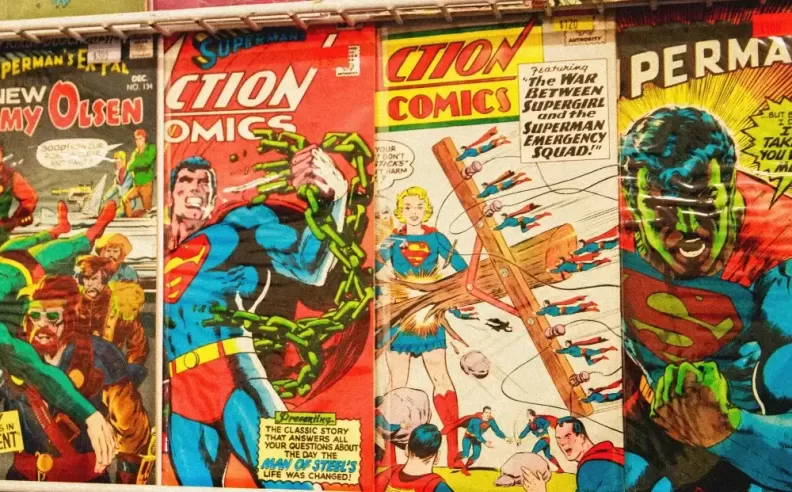
Comic-Con has redefined how entertainment companies interact with their audiences. By directly engaging with fans, studios gain valuable insights into consumer preferences. This feedback loop has driven changes in storytelling, character development, and diversity representation across media.
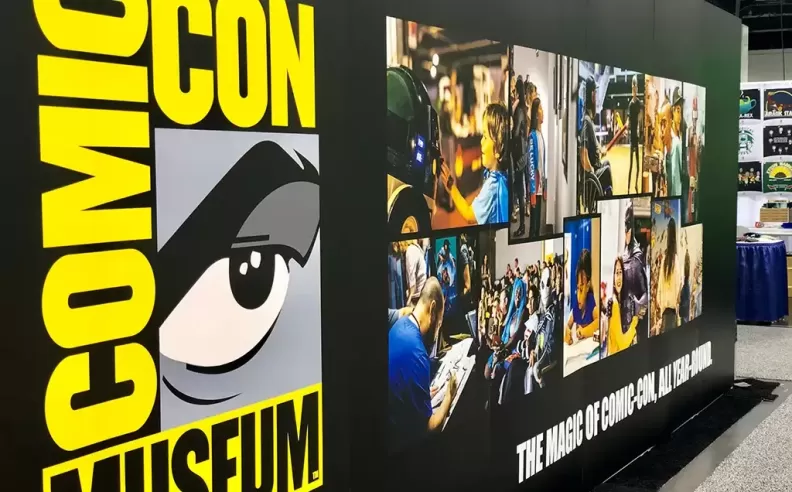
While San Diego Comic-Con remains the flagship event, similar conventions have emerged worldwide, celebrating local pop culture while staying true to the Comic-Con spirit. This global expansion has ensured that the event's influence continues to grow, bringing fans together across borders.
Comic-Con's legacy is a testament to its ability to evolve and adapt, turning fandom into a powerful force that shapes media and culture. Its impact on the entertainment industry and its ability to connect people through shared interests ensure its place as a cornerstone of pop culture.

Started my career in Automotive Journalism in 2015. Even though I'm a pharmacist, hanging around cars all the time has created a passion for the automotive industry since day 1.
